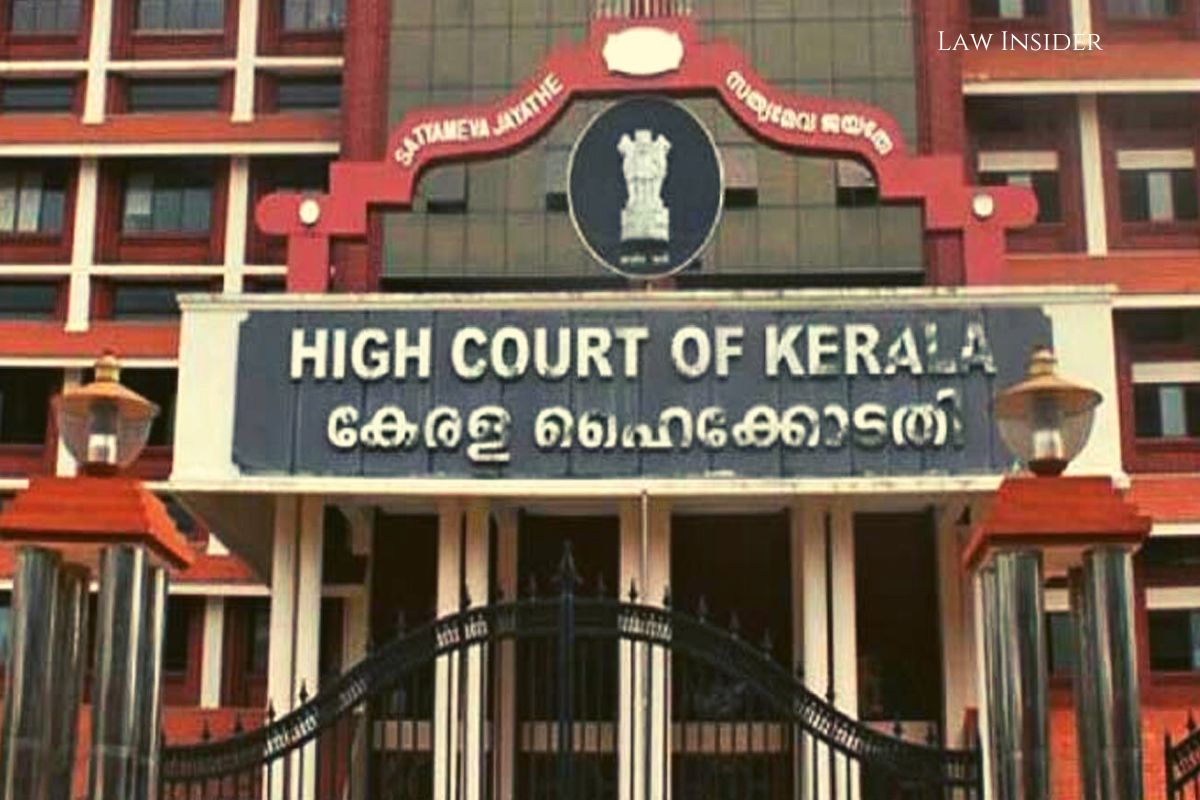LI Network
Published on: 20 August 2023 at 16:45 IST
The Kerala High Court has reaffirmed that only individuals authorized by the Central Government under Section 23 of the Kerala Police Act, 1960, possess the legal standing to seize antiquity idols.
The court’s ruling stems from a case in which a revision petitioner was convicted under Section 53A of the Act for the possession of two idols claimed to be owned by him.
The court set aside the conviction, asserting that only the Director General of the Archaeological Survey of India (ASI) or an officer not lower than the Director of ASI, in accordance with Section 24 of the Antiquities Act, holds the authority to determine whether an article or object qualifies as an antiquity.
The court noted that the seizure of the idols and their classification as antiquities was carried out improperly, as per the established legal framework.
The conviction was annulled based on the principle that only an individual empowered by the Central Government, according to Section 23 of the Kerala Police Act, 1960, possesses the right to seize antiquities.
The single-judge bench, presided over by Justice Bechu Kurian Thomas, observed that the petitioner was found in possession of an idol, and while lacking documents to establish ownership, no credible evidence suggested the loss or theft of a similar idol.
The bench underscored that mere suspicion or conjecture from the police cannot replace substantive proof, especially in the absence of competing claims of ownership or possession.
Advocate T.N. Manoj represented the Revision Petitioner, while Advocate Noushad K.A represented the Respondent.
The case originated when two quinary metal idols were discovered beneath the rear seat of the petitioner’s car during a routine vehicle inspection by the Sub Inspector of Mala Police Station.
The petitioner was accused of failing to provide a satisfactory explanation for the idols, leading to his conviction under Section 53A of the Act for the possession of unaccounted property.
The Trial Court had previously determined that the seized idols were “incredible archaeological properties” from the 18th century and not commonly used for household worship.
This finding resulted in the petitioner’s conviction and a sentence of imprisonment.
However, the Kerala High Court overturned this decision, pointing out that mere possession of an antiquity by a private individual does not inherently denote theft, as possession is integral to ownership according to civil law principles.
The court underscored that an unproven suspicion alone cannot warrant a conviction under Section 53A of the Act.

